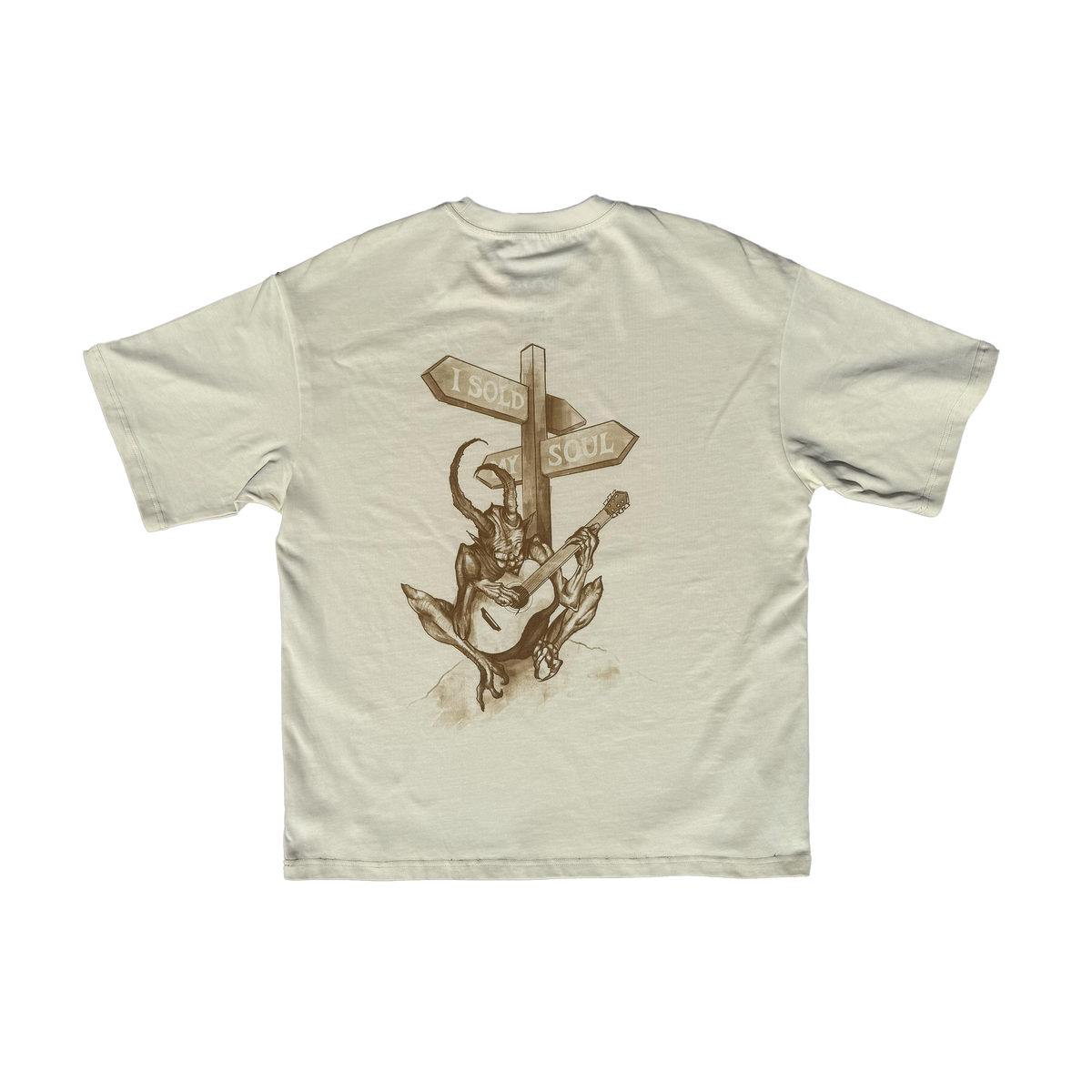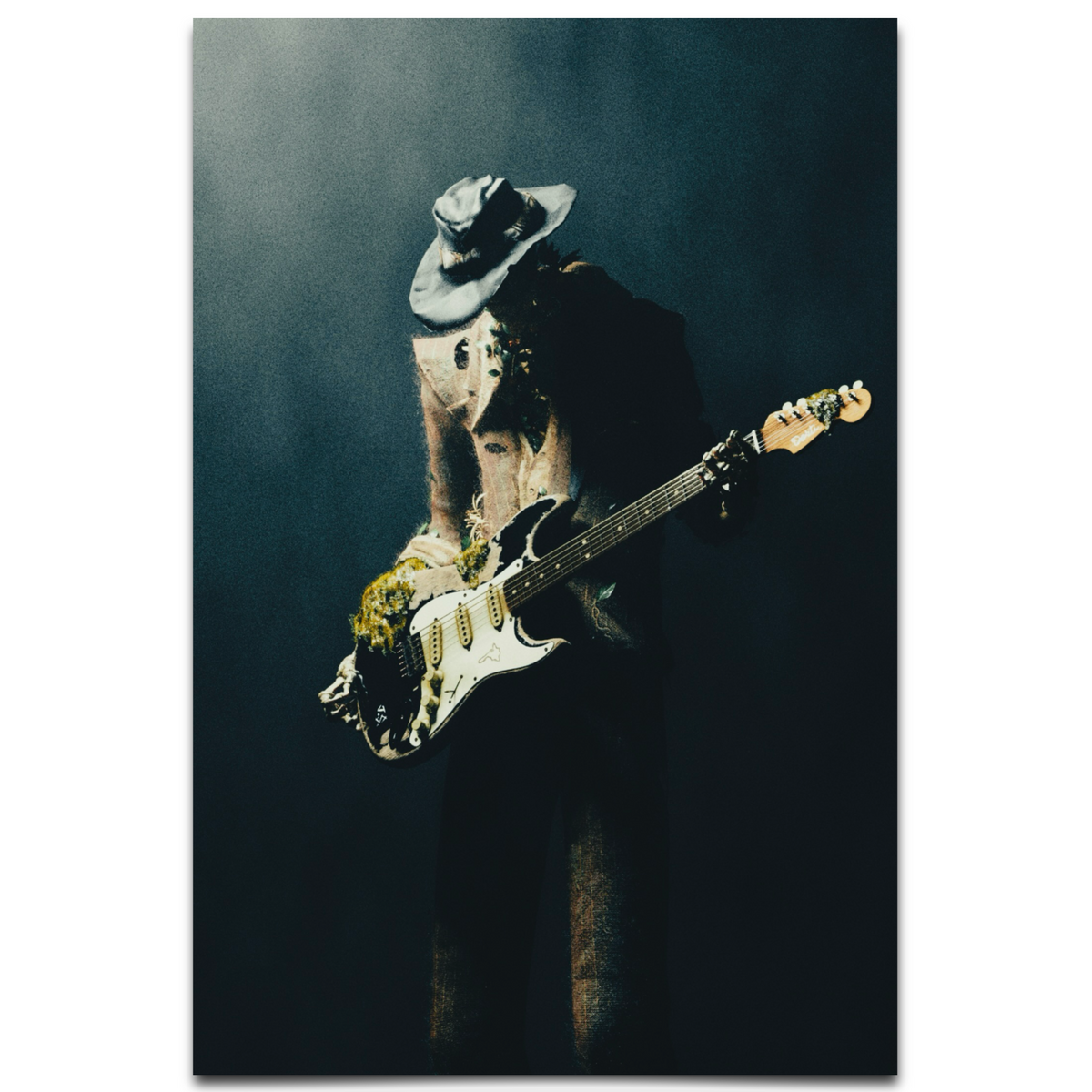A Storyteller in Song
In the pantheon of American music, few artists have captured the human experience with the vividness and emotional resonance of Billy Joel. Born in the Bronx in 1949, Joel emerged from the working-class neighborhoods of New York with a voice that would come to define the sound of a generation. His music, a blend of pop, rock, and classical influences, became a mirror to the joys and struggles of everyday life during the turbulent 1970s and 1980s. Growing up in the shadow of post-war America, he absorbed the cultural shifts of the time—the rise of rock 'n' roll, the disillusionment of the Vietnam era, and the yearning for connection in an increasingly fragmented society. Through his songs, Joel crafted narratives that felt both deeply personal and universally relatable, earning him a place as one of the most beloved songwriters of the 20th century. What is it about his music that continues to resonate, even decades after his last studio album?
Joel’s journey was not one of overnight success, but rather a slow burn fueled by grit, talent, and an unshakable belief in the power of storytelling through melody. His early years were marked by a love for classical music—Beethoven and Chopin were as formative as The Beatles—and a determination to escape the constraints of his blue-collar upbringing. By the time he signed his first major record deal in the early 1970s, he had already weathered years of playing in dive bars and struggling through ill-fated band projects. His breakthrough came with a sound that was distinctly his own, a marriage of lyrical depth and unforgettable hooks. As we trace his path from obscurity to icon, we uncover not just a musician, but a chronicler of the American spirit. How did a kid from Hicksville, Long Island, become the voice of millions?
The Making of a Piano Man
Billy Joel’s early career was a patchwork of false starts and relentless perseverance, a testament to his unyielding drive. After dropping out of high school to pursue music—partly to support his family after his father’s departure—Joel played in local bands like The Hassles, dabbling in psychedelic rock before finding his true voice as a solo artist. His 1971 debut album, Cold Spring Harbor, was a commercial flop, marred by production issues and a lack of promotion, but it hinted at the raw talent beneath the surface. It wasn’t until 1973’s Piano Man, inspired by his time playing in a Los Angeles bar, that the world began to take notice of his knack for weaving intimate stories into song. The title track, with its melancholic harmonica and vivid characters, became an anthem for dreamers and drifters, marking Joel’s arrival as a serious artist. A lesser-known tidbit is that Joel initially hated the song “Piano Man,” feeling it was too sentimental; only after seeing audiences connect with it did he embrace its significance.
"I’m not writing songs to be a commodity. I’m writing songs to be a storyteller."
Crafting an American Soundtrack
As the 1970s progressed, Billy Joel evolved from a barroom bard into a master of musical versatility, blending rock energy with Broadway flair. Albums like The Stranger (1977) and 52nd Street (1978) showcased his ability to shift from tender ballads like “Just the Way You Are” to gritty anthems like “Big Shot,” earning him critical acclaim and commercial success. His lyrics often reflected the zeitgeist—songs like “Allentown” (1982) captured the decline of industrial America, while “We Didn’t Start the Fire” (1989) offered a rapid-fire history lesson on post-war turmoil. Personal struggles, including multiple divorces and battles with depression, seeped into his work, lending an authenticity that fans cherished. Joel’s willingness to bare his soul, paired with his classical training, set him apart from many of his pop contemporaries. By the 1980s, he wasn’t just a hitmaker; he was a cultural touchstone, a voice for the everyman navigating love, loss, and the passage of time.
A Lasting Echo Across Generations
Billy Joel’s legacy is not merely in his catalog of hits, but in the way his music continues to shape the emotional landscape of listeners and artists alike. With over 150 million records sold worldwide, he remains one of the best-selling artists of all time, yet his influence transcends numbers. Modern songwriters, from Adele to Ed Sheeran, cite his storytelling and melodic craftsmanship as inspirations, while his songs are perennial fixtures in film, television, and even Broadway, where Movin’ Out (2002) turned his catalog into a dance-driven narrative. His residency at Madison Square Garden, ongoing since 2014, is a historic feat, underscoring his enduring connection with fans who see their own lives reflected in his lyrics. Joel’s music also serves as a time capsule, preserving the hopes and anxieties of late 20th-century America for future generations to unpack. Beyond the accolades, his greatest gift may be his ability to remind us that even in our most ordinary moments, there is a story worth singing.
- Debut: Cold Spring Harbor (1971)
- Genre: Pop Rock, Soft Rock, Classical Influences
- Known For: “Piano Man,” “Uptown Girl,” storytelling lyrics, piano mastery
- Influences: The Beatles, Ray Charles, Beethoven
- Influenced: Adele, Ed Sheeran, modern singer-songwriters
The Voice of the Everyday
Billy Joel’s journey from a struggling musician to an American icon is a testament to the power of authenticity in art. His songs, rich with the textures of ordinary life, have provided solace and celebration for millions, bridging generational divides with their timeless honesty. Reflecting on his career, one sees not just a musician, but a historian of the human condition, capturing the spirit of his era with every note. His story reveals music’s capacity to heal, to connect, and to immortalize the fleeting moments that define us. Even as he stepped away from recording new pop material after 1993’s River of Dreams, his presence in culture remains indelible, a reminder of the enduring magic of a well-told tale. As we listen to his melodies today, we are invited to see ourselves in his words, to find our own narratives in the songs of a man who dared to dream beyond the Bronx.
























